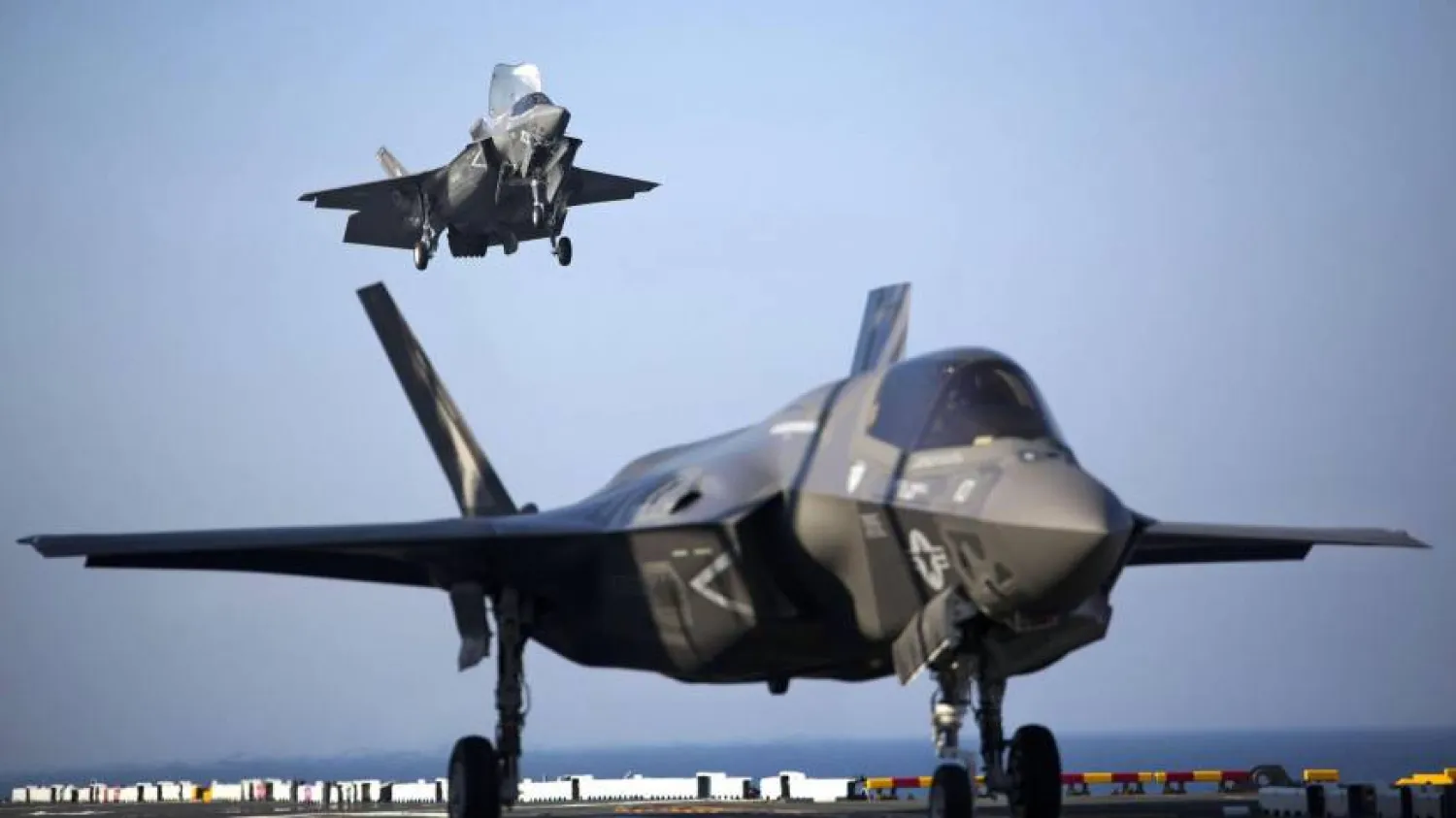Seoul said Monday the US military has flown powerful bombers and stealth jets over the Korean Peninsula in joint drills with South Korean warplanes and in a show of force after Pyongyang's latest nuclear and missile tests.
Four F-35B stealth fighters and two B-1B bombers flew over the peninsula to "demonstrate the deterrence capability of the US-South Korea alliance against North Korea's nuclear and missile threats," Seoul’s defense ministry said in a statement.
The United States often sends such high-tech, powerful aircraft in a show of force in times of heightened animosities with North Korea.
The flyovers came three days after North Korea fired an intermediate-range missile over Japan into the northern Pacific Ocean in apparent defiance of US-led international pressure on the country.
The North conducted its sixth nuclear test on Sept. 3 and was subsequently hit with tough, fresh UN sanctions.
The US is ramping up pressure on the North, with its ambassador to the UN Nikki Haley warning that Pyongyang would be "destroyed" if it refused to end its "reckless" weapons drive.
The subject is set to dominate US President Donald Trump's address to the UN General Assembly and his meetings with South Korean and Japanese leaders this week.
Trump and South Korean President Moon Jae-In spoke by phone Saturday and vowed to exert "stronger pressure" on the North, with Moon's office warning that further provocation would put it on a "path of collapse."
However, German Foreign Minister Sigmar Gabriel called on Monday for direct talks with North Korea.
Gabriel told Monday's edition of the Bild daily that the world should wait for sanctions to bite, but "visions and courageous steps" also are needed.
He said "a security guarantee other than the nuclear bomb" is needed for North Korea and pointed to Cold War detente as an example.
He said that requires direct negotiations with North Korea and argued that the US, China and Russia should participate.
Officials in Germany, which holds an election Sunday, have been adamant that there must be a diplomatic solution.









